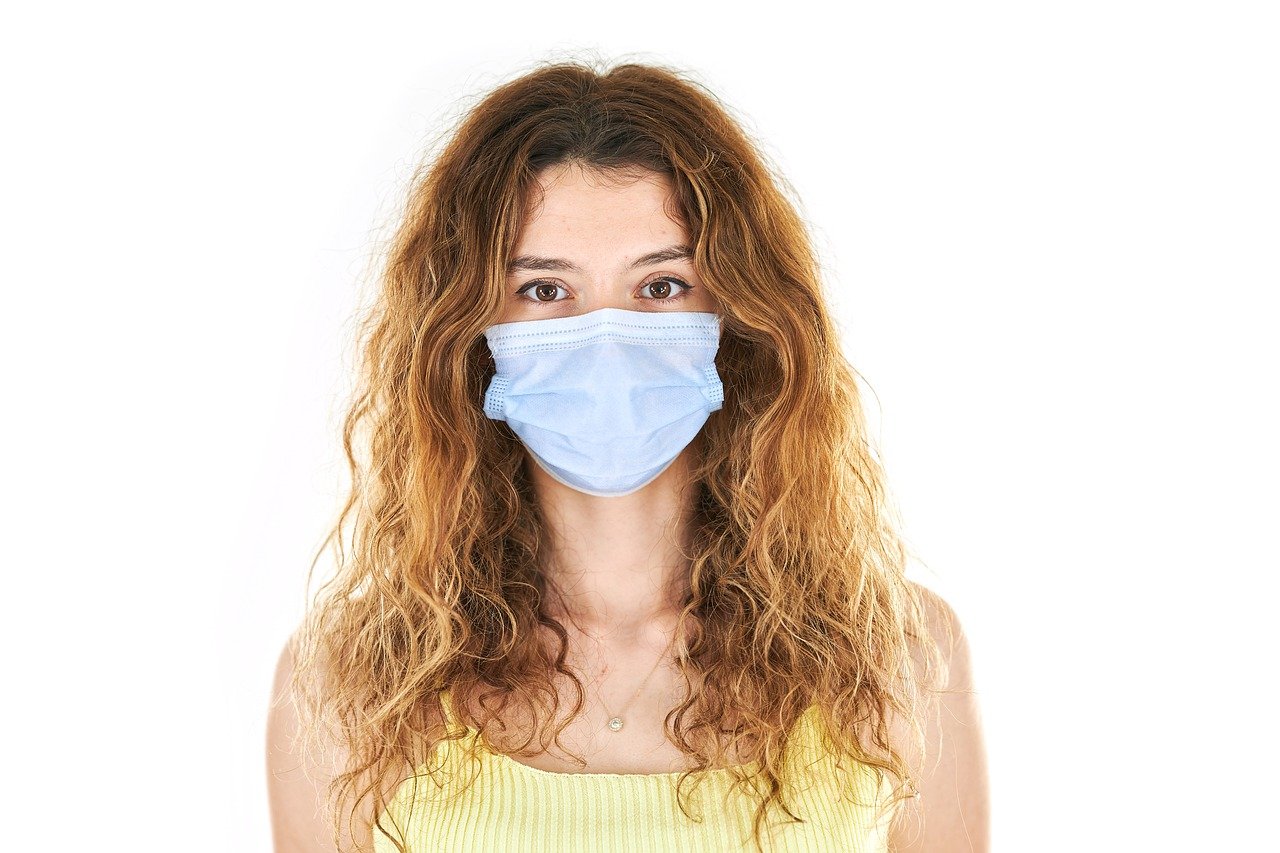I’ve had my shots, so I’m protected,” a friend recently told me, referring to his COVID-19 shot.
My wife and I also have received a COVID shot. More than a month has passed since our second shot of the Moderna vaccine, so we’re also protected — theoretically. But theory doesn’t always match reality, and I’ve been searching for a way to explain to people why we still wear our masks, keep our distance, and try to be good about washing our hands.
It’s like being in the rain
I found the explanation I’ve sought in an excellent article in The Atlantic by Katherine J. Wu, who likens protecting oneself from the coronavirus to trying to stay dry in a rainstorm:
“Vaccination is actually more like a single variable in a dynamic playing field—a layer of protection, like an umbrella, that might guard better in some situations than others. It could keep a lucky traveler relatively dry in a light drizzle, but in a windy maelstrom that’s whipping heavy droplets every which way, another person might be overwhelmed. And under many circumstances, vaccines are still best paired with safeguards such as masks and distancing—just as rain boots and jackets would help buffer someone in a storm.“
The experts Wu interviewed suggest we curb our enthusiasm about the COVID-19 vaccine, no matter which version we’ve received. Like with seasonal flu vaccines, some people may be protected better than others. And like the way the seasonal flu changes its form from season to season, the SARS-CoV-2 coronavirus mutates as it moves between people.
How does this happen?
The news site StatNews shared a great explanation with a video about how the virus changes.
Of particular interest to people with MS being treated with a disease-modifying therapy (DMT) is that the COVID-19 vaccines generate antibodies and B- and T-cells that attack the coronavirus. But some of our DMTs — notably, Ocrevus (ocrelizumab), Lemtrada (alemtuzumab), and Novantrone (mitoxantrone for injection concentrate) — do the opposite. They’re designed to significantly reduce many of those T- or B-cells to prevent them from attacking our nervous system. So, the COVID-19 vaccines may limit the effectiveness of these DMTs for a period of time. It’s sort of a treatment Catch-22.
What should you do about a COVID shot?
You can read the latest recommendations for DMTs and COVID-19 vaccines here. The information is updated frequently, though, and varies by country, so it’s best to check regularly.
It’s also a conversation you should have with your neurologist. Not all neurologists think alike regarding the COVID-19 vaccines, so do your own research before that chat, and don’t be afraid to ask questions. Writing them down beforehand is always a good idea.
Back to basics
Vaccine or no vaccine, please continue to wear a mask, socially distance, and wash your hands. As the iconic New York Yankee Yogi Berra put it, “It ain’t over ’til it’s over.”
(A version of this post first appeared as my column on the MS News Today website.)
(Featured image by Engin Akyurt from Pixabay.)



